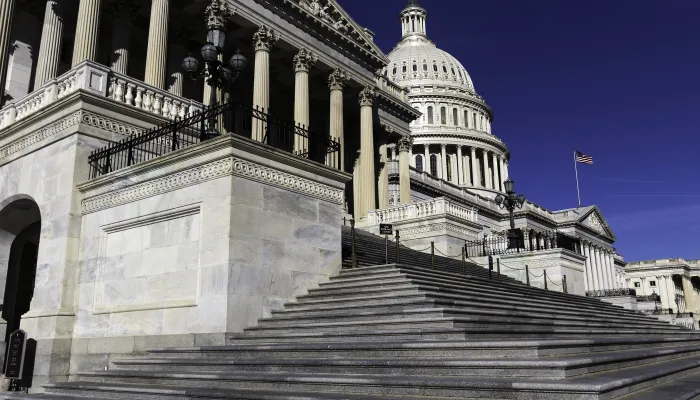Op-Ed: President's Budget Is a Start, at Least
AOL News | Feb. 1, 2010
The president's budget elevates the issue of fiscal responsibility (good), but fails to achieve it (not good).
President Obama proposes spending $3.8 trillion next year and borrowing $1.3 trillion of that. The massive deficits the nation now faces would gradually fall to $706 billion in 2014, before rising back to just over $1 trillion by 2020.
Among the larger deficit-reducing proposals in the budget are a three-year nonsecurity discretionary spending freeze, which would save $250 billion over 10 years; a fee on large financial institutions designed to pay back the TARP money, which would generate $90 billion; a limit on itemized deductions, saving $290 billion; and the elimination of a large number of tax preferences, which would raise about $350 billion.
All good stuff (OK, not good, but necessary). But when you're dealing with cumulative deficits of $8.5 trillion over the next decade, not good enough.
I'm sympathetic to the situation the president is in. He is for the most part cleaning up a fiscal mess not of his own making. The massive fiscal challenges we face are primarily the result of the borrowing of past years, even when the economy was strong; the deterioration in the budget caused by the recession; and the major spending challenges going forward because of aging and growing health care costs.
And if the president were to actually come out with a budget that would put the country on a sustainable path – say, by bringing the debt down to 60 percent of gross domestic product by the end of the decade and keeping it there – the policies he'd have to propose to get us there would leave Congress apoplectic.
They might include new taxes, perhaps an energy or consumption tax; raising the retirement age; dramatically restructuring major entitlement programs such as Social Security and Medicare; and a freeze on discretionary spending more aggressive than the one the president has proposed. Not exactly the agenda any politician wants to run on.
But it's not as though the need to submit a budget came as a surprise to the White House. Administration officials should have been doing much more in the weeks and months building up to the release of this budget to prepare the country for the difficult choices ahead.
The president should have made clear that no area of the budget is off limits, and that major structural reforms, not small spending freezes or cutting earmarks, will do the trick. And instead of bragging about providing tax cuts for 95 percent of the public in his State of the Union speech, the president should have explained that even his promise not to tax families making less than $250,000 a year is probably impossible to keep.
At the very least, he shouldn't be making the situation worse by extending a number of expiring policies – from the Bush tax cuts to the Alternative Minimum Tax patch – all without paying for the costs.
This budget will have to be the start – not the extent of – the president's push to implement a strategy to pull us out of this fiscal hole. Even though it is an election year, we cannot continue to delay.
What's Next
-

-

-
Image
